All Stories
-
 Health & Medicine
Health & MedicinePeople with stress disorders like PTSD are at higher risk of heart disease
Those coping with psychological trauma have a greater risk for cardiovascular disease, a large-scale study that goes beyond men and veterans finds.
By Maanvi Singh -
 Archaeology
Archaeology‘Cities’ reveals common ground between ancient and modern urban life
In the book ‘Cities,’ archaeologist Monica Smith sees the positives in past and present metropolises.
By Bruce Bower -
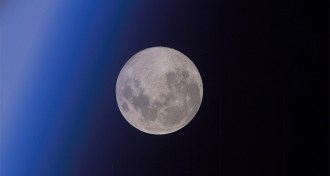 Planetary Science
Planetary ScienceMeteor showers dig up water on the moon
Meteorites release water from the moon’s soil, hinting that the moon has water buried all across its surface.
-
 Health & Medicine
Health & MedicineU.S. measles outbreaks show no signs of slowing down
This year’s measles cases have blown by 2018’s total, raising the specter that the disease could once more become endemic in the United States.
-
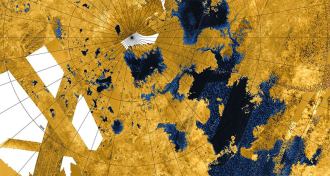 Planetary Science
Planetary ScienceSaturn’s moon Titan sports phantom hydrocarbon lakes
Three lakes on Saturn’s moon Titan have pulled a vanishing act, a study finds.
-
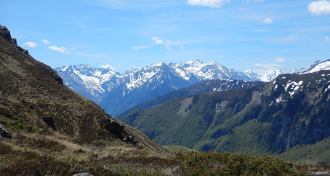 Climate
ClimateTiny microplastics travel far on the wind
Airborne bits of plastic that originated in cities ended up in pristine mountains at least 95 kilometers away, a study finds.
-
 Genetics
GeneticsSome people may have genes that hamper a drug’s HIV protection
Newly discovered genetic variants could explain why an anti-HIV medication doesn’t protect everyone.
-
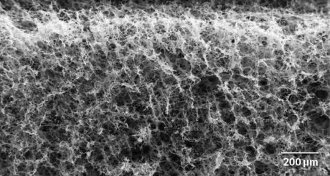 Materials Science
Materials ScienceA new graphene foam stays squishy at the coldest temperatures
Researchers have now made a material that is superelastic even at extremely cold temperatures, which could be helpful in space.
-
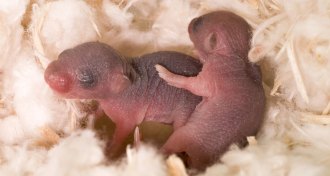 Genetics
GeneticsHow chemical exposure early in life is ‘like a ticking time bomb’
Some early life experiences can affect health, but only if unmasked by events in adulthood.
-
 Science & Society
Science & SocietyWhy some low-income neighborhoods are better than others
Levels of violence, incarceration and lead exposure in a neighborhood can predict a low-income child’s future earnings and outcome, a study suggests.
By Sujata Gupta -
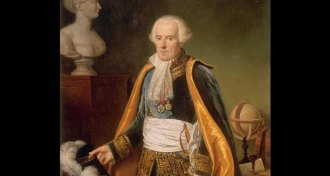 Science & Society
Science & SocietyBlack hole image validates imagining the unimaginable
Human creativity conjured up the most extreme of astronomical phenomena long before they could be seen.
-
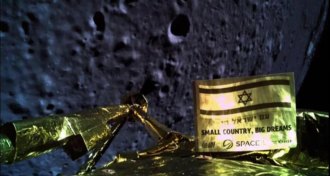 Planetary Science
Planetary ScienceIsrael’s first moon mission lost moments before landing
The spacecraft’s engine cut out just before it was to touch down in the Sea of Serenity.